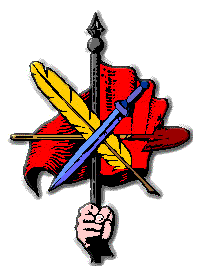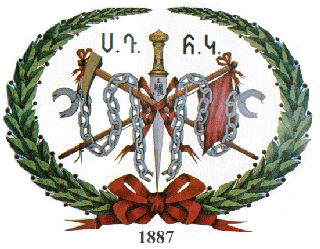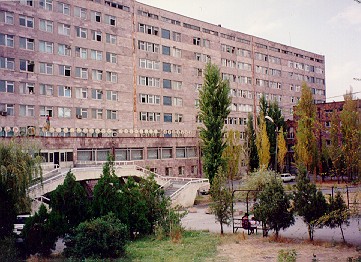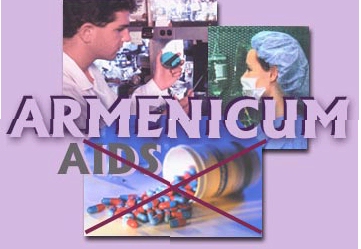V. Government
- Rivers & Lakes
- Climate
- Natural Resources
- Plants & Animals
- Population Characteristics
- Political Divisions
- Principal Cities
- Religion
- Language
- Education
- Culture
- Agriculture
- Mining
- Manufacturing
- Energy
- Currency & Banking
- Commerce & Trade
- Labour
- Transport
- Communications
V. Government
- Executive & Legislature
- Political Parties
- Judiciary
- local Government
- Health & Welfare
- Defence
- International Organizations
- Invasion By Foreign Powers
- Independence
Executive power is vested in the president, who is Head of State and Supreme Commander-in-Chief of the Armed Forces. The president is directly elected for a term of five years and may only serve two consecutive terms in office. Legislative power is vested in a unicameral National Assembly; the 131-seat assembly is elected for terms of four years by universal suffrage, all citizens who have attained the age of 18 years being eligible to vote.
Political activity in early 1998 and the election of Robert Kocharyan as president in March 1998 marked a change in the political balance in Armenia. Following the March elections, the Armenian Pan-Nationalist Movement (APNM), which had been central to the ruling parliamentary bloc, was weakened by defections and lost control. A decision to legalize the Armenian Revolutionary Party (ARF), also known as the Dashnaks and banned since 1994, was ratified by President Kocharyan in May 1998. In July a new party, the Peopleís Party of Armenia emerged, and the Yerkrapah Union of veterans of the Nagorno-Karabakh conflict announced a merger with the Republican Party of Armenia (HHK). The Yerkrapah nationalist bloc formed a majority in the National Assembly, with more than 70 seats. Other political parties represented in the Assembly include the Shamiram Womenís Party, the National Democratic Union (AJM), and Hairenik (Homestead).
Justice is administered in the republic by tribunal courts in the first instance, review courts, the Court of Appeal, and a Supreme Court. In addition to these, economic and military courts and a Constitutional Court are part of the justice system. Of the Constitutional Courtís nine members, five are appointed by the National Assembly and four by the President. Independence of the judiciary is guaranteed by the president, who as head of the Council of Justice appoints its 14 members. It was announced in July 1998 that the Supreme Court was to be disbanded and would be replaced by a Court of Appeal dealing with criminal-military and civil-economic matters. The different structures were part of a series of reforms to the legal system that were expected to come into force in January 1999.
Governors of the ten provinces, and the city of Yerevan, which is considered a province for administrative purposes, are appointed by the government. Urban and rural districts within the provinces have locally elected self-government.
Healthcare before independence was hospital-centred and expensive; post-independence it was poorly funded and in need of reform. In 1995 foreign humanitarian aid during a ten-month period exceeded the total annual budgetary allocation for healthcare. Measures were introduced in 1996 to decentralize healthcare and to introduce participation by the private sector. In 1994 there were 288 people to each doctor, and infant mortality in 1998 was 40.77 deaths per 1,000 live births. Expenditure on healthcare in the mid-1990s was some 1.5 per cent of GDP.
Armenia is part of the collective security system of the CIS and has established its own armed forces numbering some 60,000 in 1997, including paramilitary forces and command staff. The military force comprises conscripts with a term of service of 18 months; some mobilization of reserves was reported in 1997.
Armenia is a member of the Black Sea Economic Cooperation (BSEC), the Commonwealth of Independent States (CIS), the Economic Cooperation Organization (ECO), the Organization of the Islamic Conference (OIC), the Organization for Security and Cooperation in Europe (OSCE), and the Partnership for Peace (PFP).

A.R.F.
Hay Heghapokhagan Gosagtsootyoon

A.D.L. Ramgavar
Ramgavar Azadagan
Goosagtsootyon
SOCIAL
DEMOCRAT HUNCHAKIAN PARTY
Erebuni Medical Center
Armenicum



